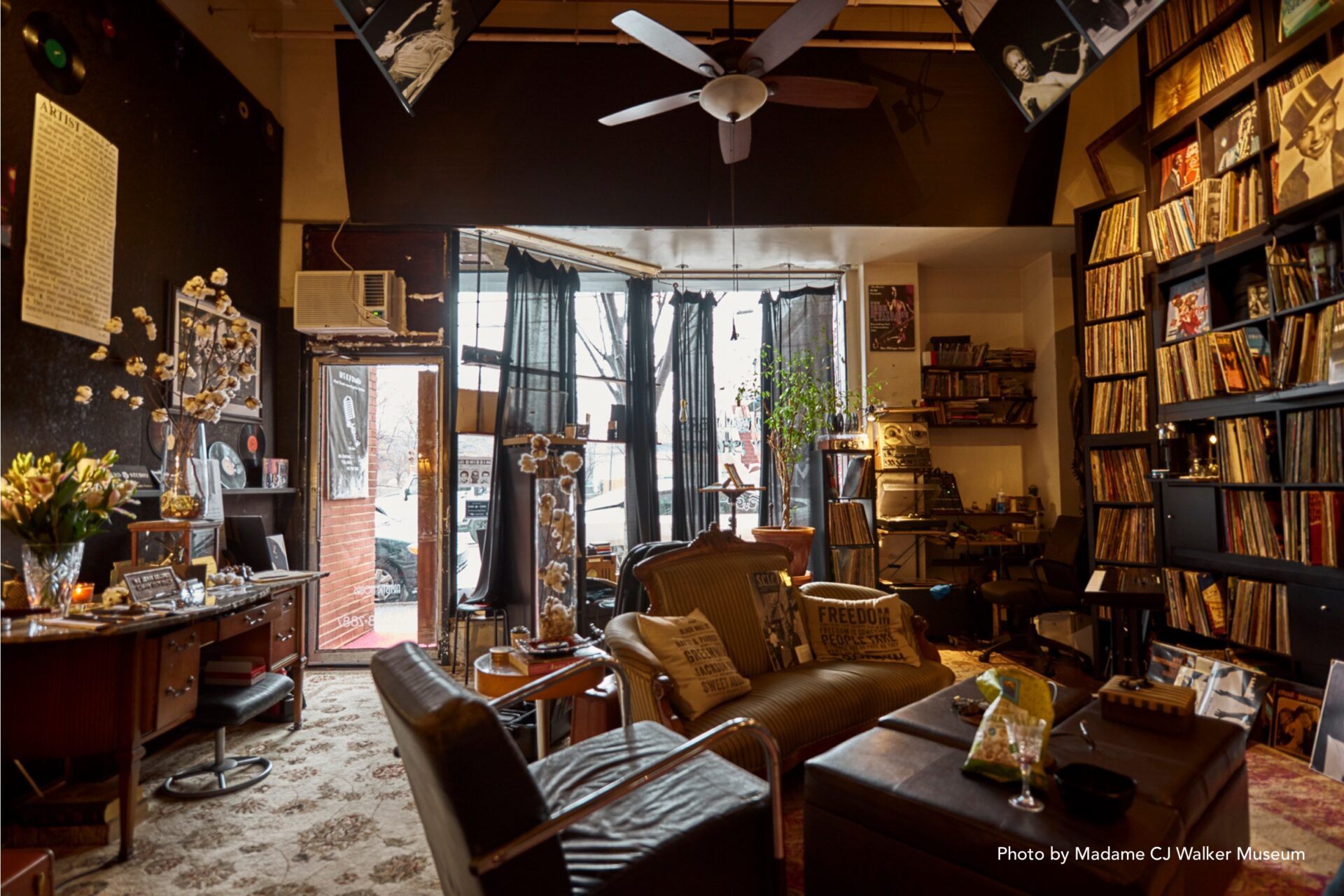
February 12, 2024
Atlanta Hairstylist Transforms Madam C.J. Walker’s Historic Beauty Shop Into Museum
The new museum pays homage to America's first self-made female millionaire.
A hairstylist in Atlanta has transformed a long-standing beauty shop once owned by Madam C.J. Walker into its own semblance of history. The establishment will now become a Black history museum in the same neighborhood as Dr. Martin Luther King Jr.’s childhood home.
The shop’s current owner, Atlanta stylist Ricci De Forest, found the historical gem three decades ago, buying out the space in the hopes of keeping its legacy intact. While gaining ownership of the beauty shop took nearly 20 years, he gained not only Walker’s domain, but the hair tools that made her a household name. As reported by Atlanta News First, the hair stylists who worked there throughout the decades lived through many periods of the nation and city’s history, noted through the changes in costs for typical styles.
“When she started doing hair here in the 1940s with these tools, a shampoo and press was 25 cents for a Negro woman,” shared de Forest about one of the shop’s oldest stylists.
Walker is a known figure in Black history for not only revolutionizing hair care for Black women, but developing a line of beauty products that made her America’s first self-made female millionaire. While celebrated for her entrepreneurial success, especially as a Black woman brought up during the Jim Crow era, she also utilized her platform toward social and racial justice, speaking at lectures and donating significantly to the National Association of Colored Women’s clubs.
The building encompassing the shop holds another monument of history in Atlanta, WERD radio station, the first of its kind to be Black-owned. Established in 1949, its placement right above the shop inspired De Forest to implement Black music history into the museum as well, paying homage with a donated record collected and photographs of the artists who would’ve had their songs played at the station.
“1949 to 1968, it’s the station Dr. Martin Luther King used,” de Forest said. “No white station would let a Negro come on and say where to boycott or coordinate logistics for the Civil Rights Movement, so WERD is crucial.”
The Madame C.J. Walker Museum is open now for visitors to take a step back into the time where Walker and WERD transformed the American landscape for the Black community forever.
RELATED CONTENT: Madame C. J. Walker: Breaking New Ground